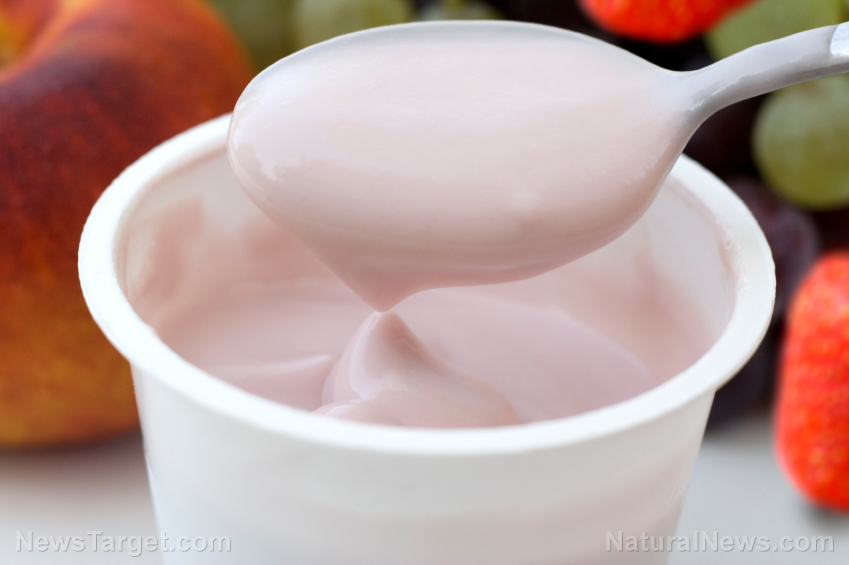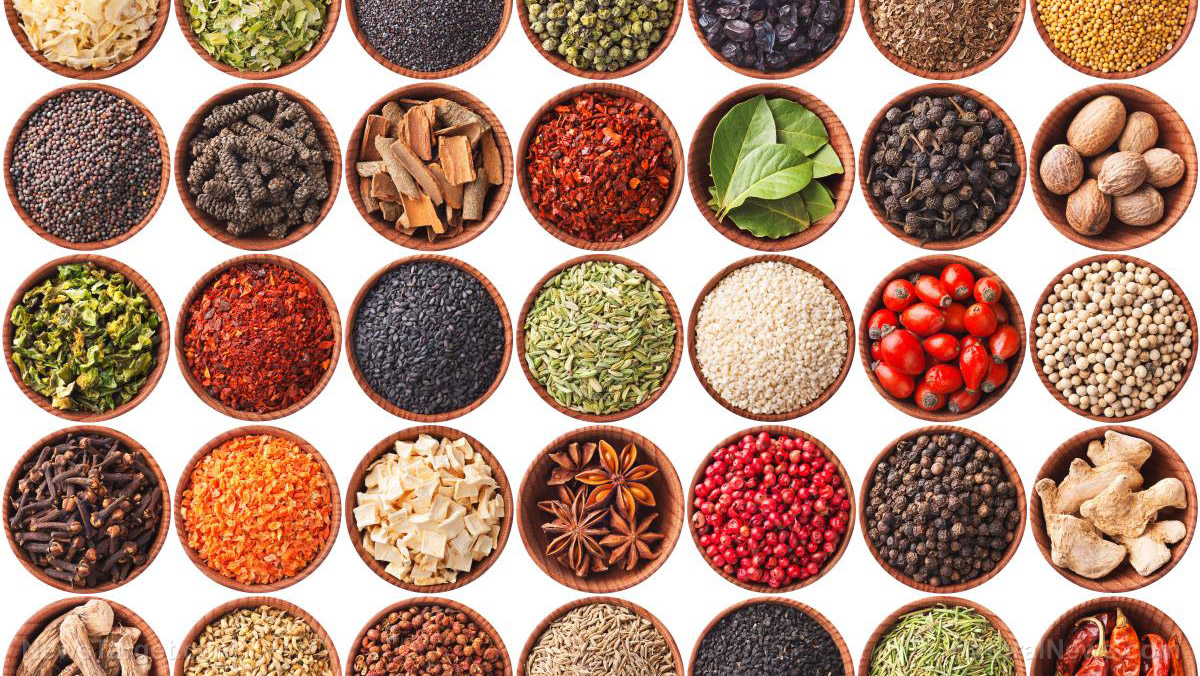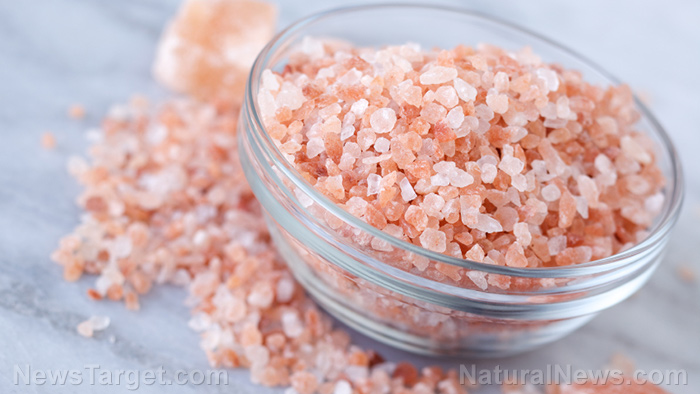Supplementing with inulin improves your cholesterol levels
09/19/2018 / By RJ Jhonson

Diet plays a significant role in reducing one’s risk for cardiovascular disease. In a study published in the journal Nutrition, Belgian scientists demonstrated that the supplementation of inulin could prove helpful in maintaining a disease-free heart.
Inulin is a low-calorie soluble fiber found in many plants, particularly vegetables. It is a “fructan,” which means it is made up of chains of the natural plant sugar fructose, linked together in a manner that the small intestine cannot digest. Because of this, it proceeds to the large intestine where it becomes food for gut bacteria. In this sense, it is a prebiotic.
“The gut microbiota is considered an important ecosystem able to control the host physiology, among others by interacting with food components,” the authors wrote in the study.
They were referring to how inulin may support gut bacteria and in the process, improve intestinal lipid metabolism resulting in lower triglyceride levels after a meal.
To test their hypothesis, they created an animal model composed of 36 rats divided into two groups. The first group was given a diet with only 10 percent kilocalorie (kcal) of fat, while the other group was given 45 percent kcal fat – comparable to the Western diet.
After four months of following this diet, the rats were further divided into two more groups. One group received supplementation of chicory-based inulin at a dose or 0.1 grams per day. The other group did not receive any inulin. The inulin was administered through the animals’ drinking water for two weeks.
Observations revealed that inulin did nothing to change the rats’ weight. It did, however, cause notable improvements in terms of triglyceride levels, even in mice that consumed a Western diet.
“Compared to the control diet, the Western diet induced a significant increase in serum triglycerides after olive oil load. Inulin supplementation in western diet led to a significant improvement of hyperglyceridemia after three and four hours post-lipid load,” the researchers explained. (Related: Pomegranate extract found to help mitigate the effects of a high fat diet; when combined with inulin, it also lowers cholesterol.)
Another study on inulin, this time by researchers at Georgia State University, found that the prebiotic may help combat metabolic syndrome by protein expression in the intestines’ epithelial cells.
At the moment, the mechanisms that allow inulin to improve triglyceride levels is not very well-understood. Further study on the matter is therefore encouraged.
Fast facts about inulin
As a soluble fiber, inulin offers many benefits related to the digestive system, as well as conditions that may arise from digestion-related problems.
- It helps improve digestive health – as a prebiotic, inulin plays a considerable role in maintaining the balance between the good and bad bacteria in the gut. By increasing the population of friendly gut bacteria, inulin promotes digestion and boosts immunity from disease.
- It helps relieves constipation – Numerous studies have been found supporting inulin’s role in easing constipation. It does not, however, seem to have any effect on bowel frequency.
- It may help with weight loss – Some studies indicate that inulin can be a useful aid for those who want to lose weight. This could be related to inulin’s properties supporting healthy digestion.
- It may aid in controlling diabetes – High performance (HP) inulin is linked to better blood sugar control among people with either prediabetes or diabetes. One possible reason for this has to do with how inulin boosts liver function, improving insulin resistance in the long run.
- It is good for the heart – By reducing triglyceride and cholesterol, inulin helps curb some of the most common causes of cardiovascular disease.
- It may prevent colon cancer – Inulin’s fermentation into butyrate, a process that occurs thanks to gut bacteria, is believed to have protective properties that benefit the colon. Studies show that inulin may indeed make the environment in the colon less conducive to tumor growth and development.
Discover other benefits of inulin by following Nutrients.news.
Sources include:
Tagged Under: chicory, cholesterol, digestion, fructan, gut bacteria, heart health, Inulin, longevity, nutrition, prebiotic, prevention, Probiotic, soluble fiber, supplements



















